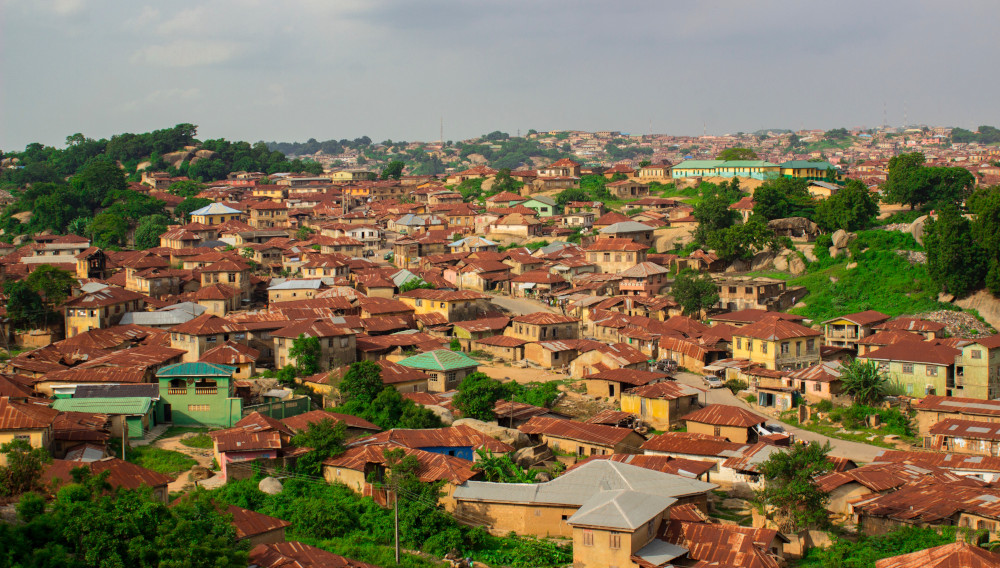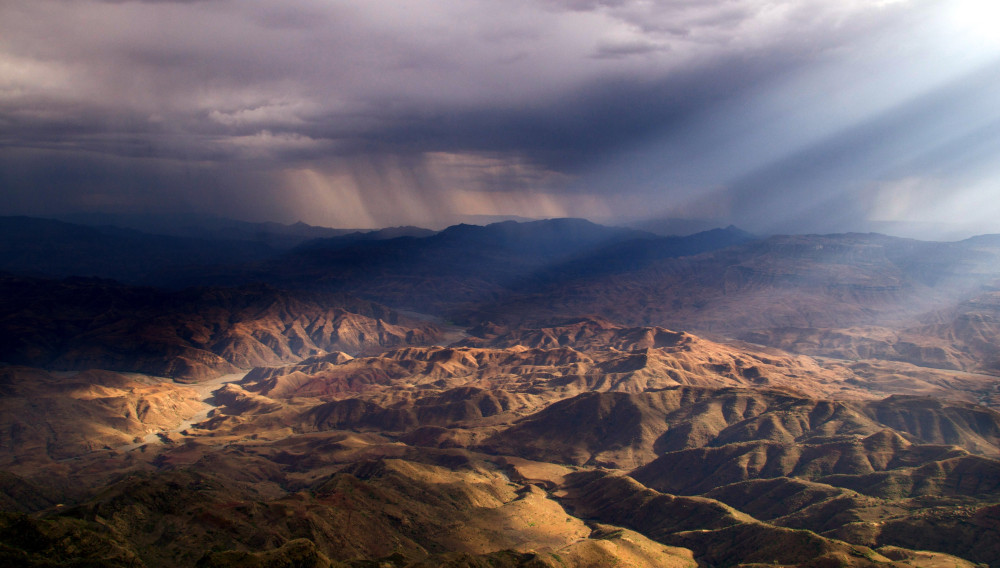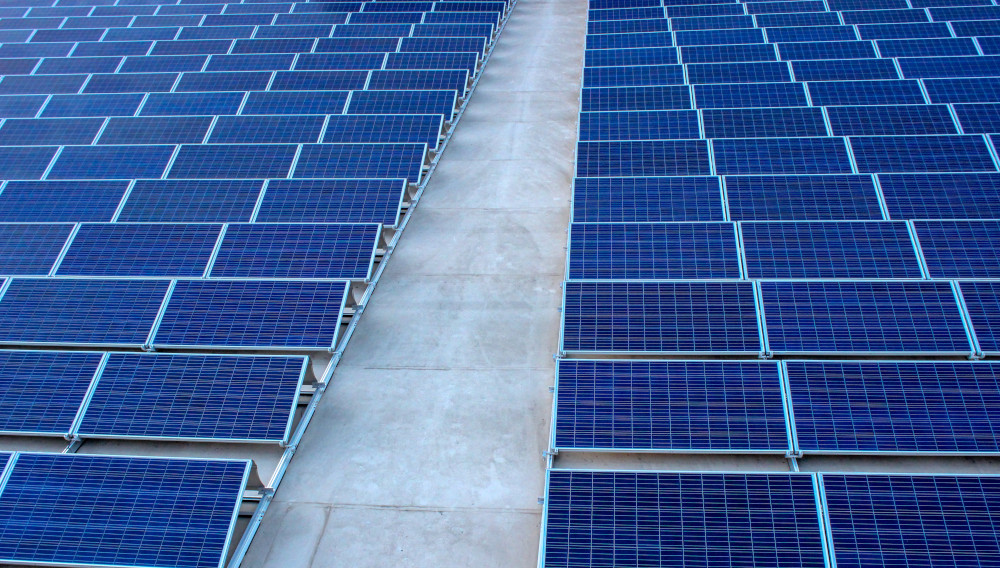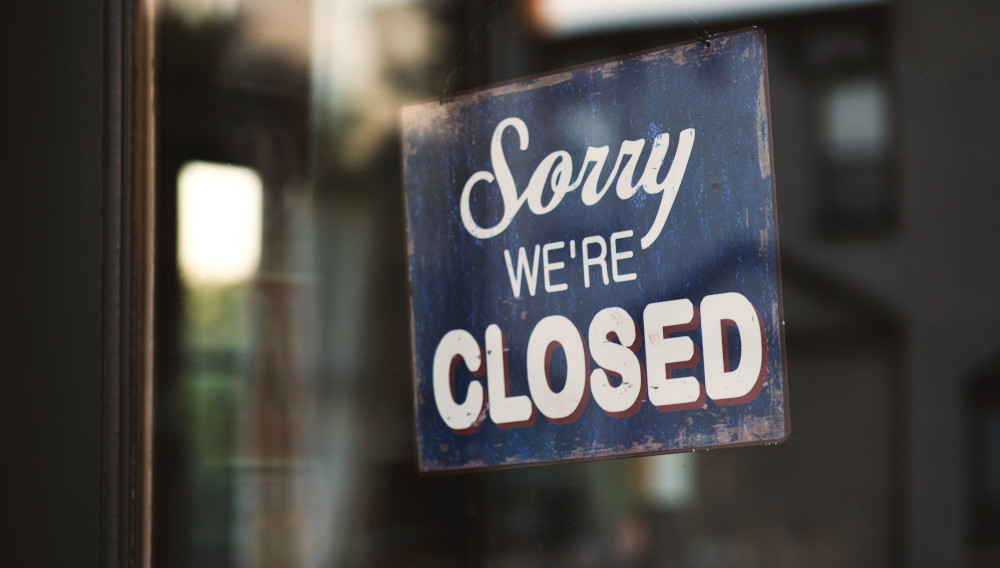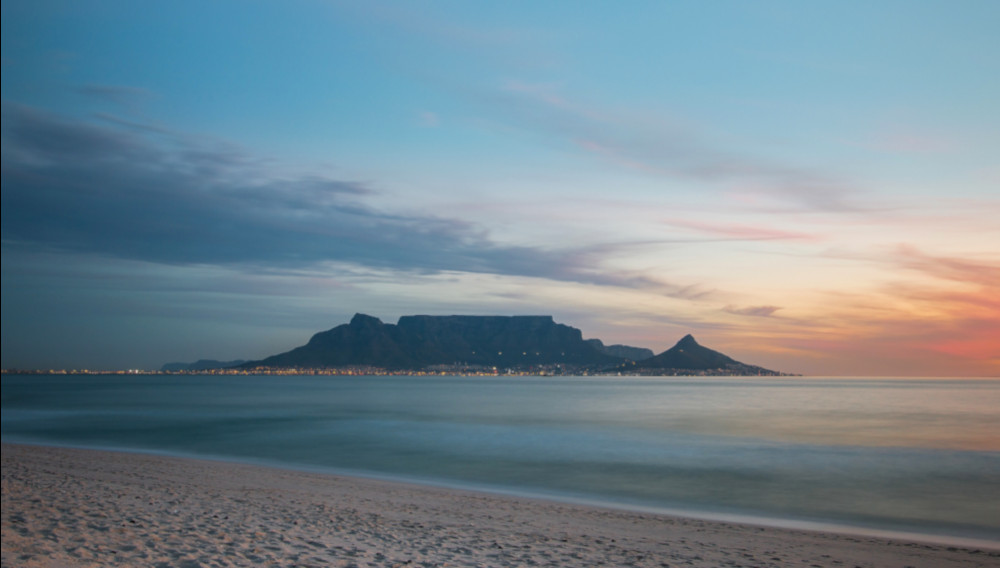Nigeria | Africa’s most populous country is a prime example as to how to bring a profitable beer market down. Since 2013, its beer profit pool has shrunk to less than a third of what it used to be. Only Nigerian Breweries (NB) is making any profit. The others must be loss-making.
Ethiopia | Beer sales have more than doubled between 2014 and 2019: from 5.6 million hl to 13 million hl, says GlobalData. But last year’s blanket ban on alcohol advertising could hamper future growth. Not least, it will make it harder for new entrants to draw attention to themselves.
South Africa | AB-InBev is installing solar panels at its South African breweries in a push to gain greater independence from the state-owned utility firm Eskom, which struggles with blackouts.
South Africa | It’s a shame. SAB’s World of Beer museum is no more. Opened in Johannesburg in 1994, its last tour was conducted on 30 September 2019.
South Africa | In early September 2019, AB-InBev’s local unit SAB has won regulatory approval to take over the distribution of Guinness – under the condition that if a secret threshold of Guinness sales is reached, it will have to be brewed locally.
South Africa | Heineken has embarked on a USD 70 million expansion of its Sedibeng brewery in a bid to ramp up capacity to meet the growing demand for its products. The expansion will take Sedibeng’s annual capacity from over 5 million hl to 8.5 million hl by 2020.
South Africa | The Stormy Smoked Porter by the Drifter Brewing Company has been named the winner of the inaugural African Beer Cup as the best beer in Africa.
South Africa | AB-InBev has suffered over recent quarters in South Africa not least because of a depressed consumer economy. During the first quarter 2019, domestic beer sales declined by “mid-single digits”.
South Africa | Zimbabwe’ listed beer and beverage company, Delta Corp, in which AB-InBev is a major shareholder with a 38.2 percent stake, will buy Diageo’s South African sorghum beer-brewer, United National Breweries (UNB).
South Africa | It was a timely move. Faced with a weakening economy, a heavy tax load and powerful rivals like AB-InBev and Heineken, South Africa’s craft brewers have finally come together and established an industry body called Craft Brewers Association South Africa (CBASA). It is led by a committee of industry stalwarts Brian Stewart, Wolfgang Koedl, Troye May, Nick Smith, and Apiwe Nxusani Mawela.


